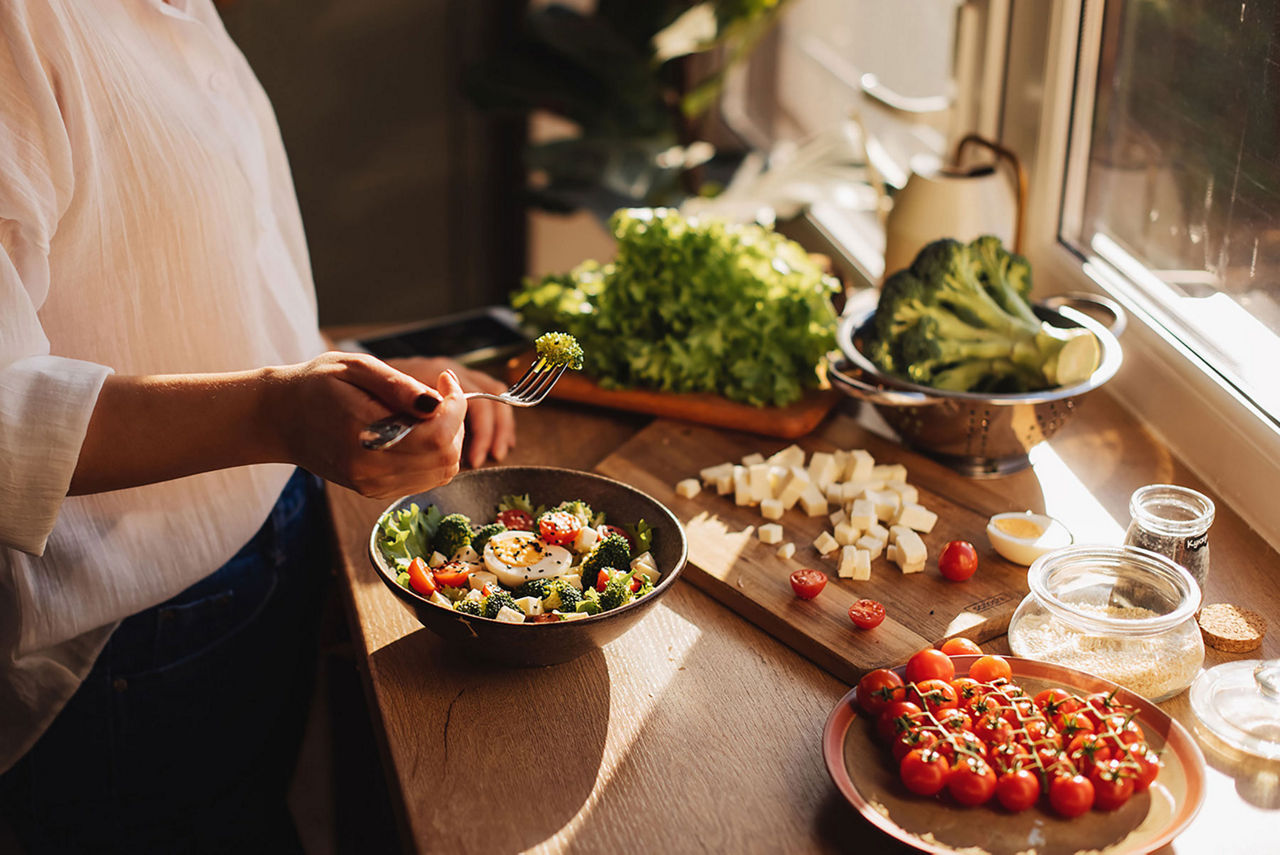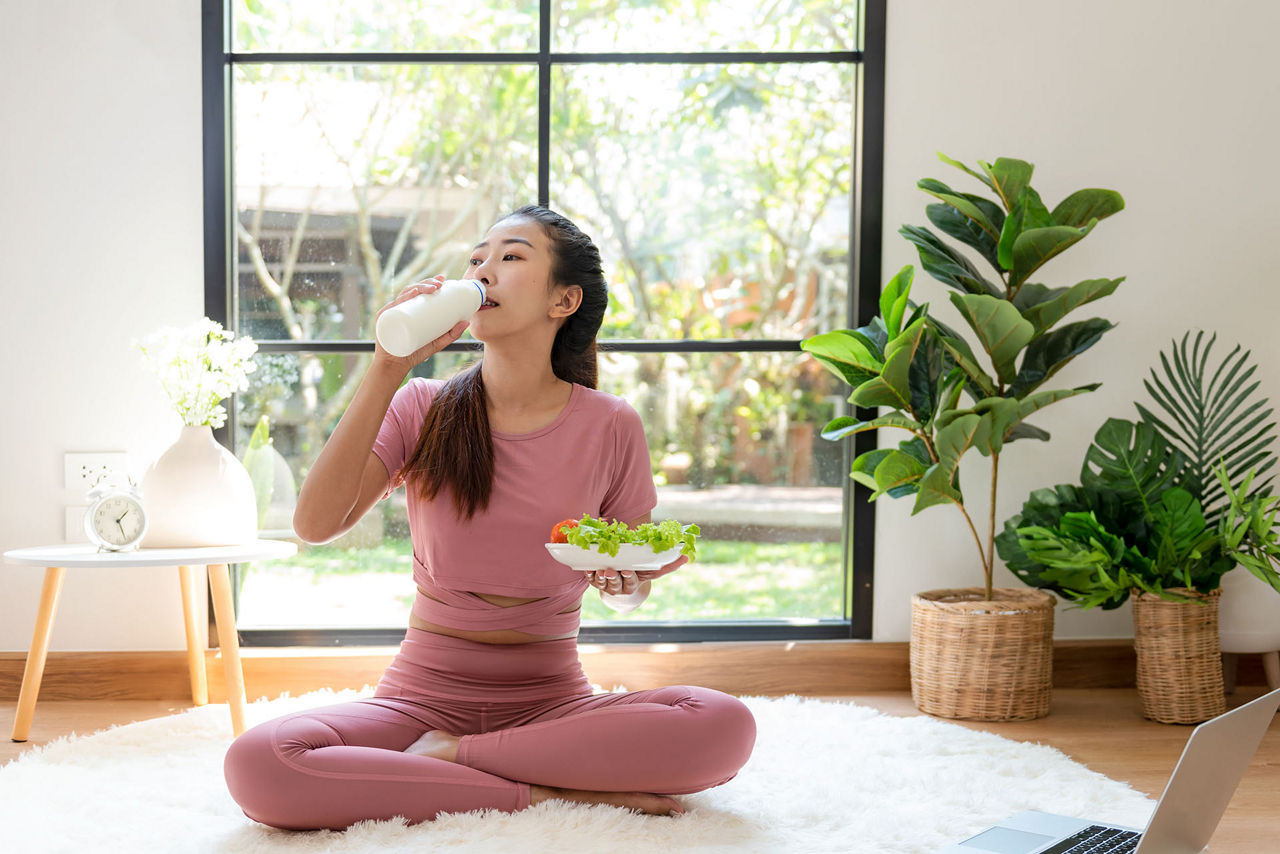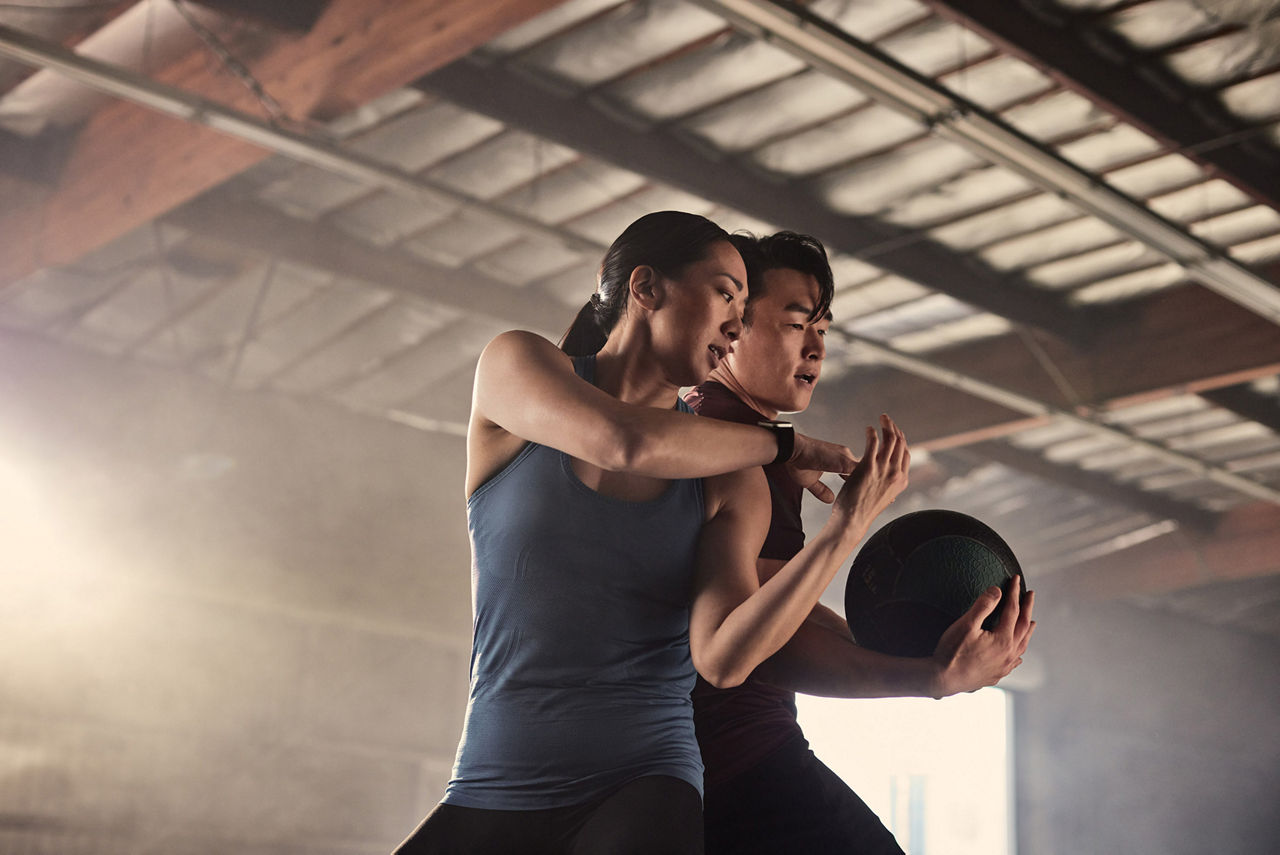
Skin & Body Care
Foods to Nourish Your Skin and Hair
Herbalife 20 July 2023
Nutrition is all about nourishing the body with the right foods and nutrients. Some people, however, tend to forget that our skin and hair also need nourishment and that they play important roles in our overall health and wellness.
The skin is the body’s largest organ; it serves as the primary barrier against pathogens in the environment. Our skin also serves as protection from a loss of fluid from inside the body, which is why we should keep our skin healthy and protected from ultraviolet light. Similarly, our hair provides heat insulation and cooling, and it protects us from ultraviolet radiation.
What Is Outer Nutrition and Why Is It Important?
In my role, I have the pleasure of training and educating Independent Distributors around the world about our company’s holistic approach to health and wellness. We teach our members about the importance of nourishing the body inside and out.
What we call “Outer Nutrition” is simply about achieving and maintaining healthy skin and hair. Just as your heart, brain and muscles need proper nutrition for long-term health, your skin and hair require the right nourishment to be able to perform their functions: protection, thermoregulation, sensory perception, secretion and excretion.
This might not come as a surprise, but inner and outer nutrition are deeply connected.
What You Eat Affects the Health of Your Skin and Hair
The condition of your skin and hair is affected by your diet, age and environmental conditions. You can’t control some of these factors – like aging or the climate – but you can manage what you eat so it supports your skin and hair.
A variety of nutrients, including protein, antioxidants, vitamins and collagen can help improve the health of your skin and hair. People with good-looking skin and hair tend to have healthy daily habits!
Here are my recommended foods and nutrients for healthy, glowing skin and hair:
Eat Protein-Rich Foods to Repair Your Cells.
Every cell needs protein to maintain its life. Protein is also the primary material used to "replace" worn-out or dead cells. Your muscles, hair, nails, skin and eyes are made of protein. A diet low in protein, over the course of many months, can cause a loss in skin tone, thinning hair and wrinkles beyond what would be reasonable for chronological age.
Including protein in your diet from sources like chicken, meat, fish, soy or tofu will help you solve that concern. Meal-replacement protein shakes are also great options for protein consumption.
Get Your Vitamins A, C and E.
While protein is essential to achieving healthy skin and hair, vitamins with antioxidant properties – such as vitamins A, C and E – are also crucial.
Deficiencies in any of these micronutrients can affect the health of your skin. The skin easily shows the effects of oxidative damage, and antioxidants have been shown to be potent in protecting the skin from oxidative damage.
Here’s how vitamins A, C and E support outer nutrition:
Vitamin A
There are two types of vitamin A: retinoids (preformed vitamin A) and carotenoids (provitamin A). The liver converts both into retinol, which is involved in stimulating the production of new skin cells and can help prevent hair loss.
Good sources of vitamin A include liver, eggs, dairy products, leafy greens, and fruits and vegetables with vibrant yellow to red pigments.
Vitamin C
Vitamin C is crucial for the body to be able to naturally create its own collagen. When there is a vitamin C deficiency, unstable collagen is produced, which provides a weak structural framework for tissue repair. Vitamin C is also involved in the formation of certain lipids that help reconstruct the epidermis – the outermost layer of skin – when damaged.
Good sources of vitamin C are citrus fruits (such as oranges and lemons), peppers, strawberries, broccoli and kale.
Vitamin E
Vitamin E functions as a chain-breaking antioxidant due to its ability to rapidly expel radicals before they can react with other lipids, thereby ending the propagation of oxidative processes in membranes. Additionally, vitamin E helps to strengthen the skin barrier function.
Good sources of vitamin E are sunflower seeds, almonds, peanuts, pumpkins, and red bell peppers.
Taking a daily multivitamin is also an excellent way to ensure you are providing your skin with the micronutrients it needs to look healthy.
Try Collagen-Rich Foods and Supplements
During the aging process, which starts in your mid-20s, the skin suffers from a progressive loss of moisture and becomes increasingly dry. When this happens, the dermis becomes thinner; the connective tissue loses its firmness and elasticity, and wrinkles and sagging start to occur.
The human body's collagen accounts for 25 to 30 percent of its total protein, of which about 75 percent is skin collagen. Collagen is located primarily in the connective tissue, and it’s responsible for giving the dermis its firm structure.
Some examples of collagen-rich foods include leafy greens, red and yellow vegetables, berries, citrus fruits, fish, chicken, egg whites, avocados, soy, beans and white tea.
Collagen is also available as a nutritional supplement. Hydrolyzed collagen – a type of collagen that can be easily absorbed into the bloodstream when used as a supplement – can increase skin elasticity and density, reduce wrinkles and support smoothness.
Finally, Don’t Forget to Stay Hydrated!
Did you know that a significant amount of skin tissue is made up of water? About 25 to 30 percent. For this reason, it’s important to drink lots of fluids to avoid dry and dehydrated skin.
As you can see, nutrition plays a vital role in having healthy skin and hair. It's the best path to looking and feeling great. When you nourish your body from the inside out with the proper food and nutrients, your body will thank you with youthful and radiant skin and hair, ultimately promoting better wellness and greater confidence.
Trending Articles






